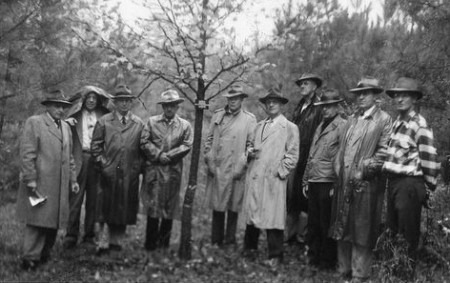History
In the early 1900s, Tennessee had less than 2,000 deer. Elk hadn’t been seen in the state for generations. Turkey existed only in a pocket or two.
Then there was a turning point. A conservation movement started and, ever since, Tennessee Wildlife Federation has been working methodically to bring our wildlife populations back from the brink.
Tennessee Wildlife Federation was founded by outdoor writers, sportsmen, and community leaders who gathered to build a new organization to restore the integrity of all of Tennessee’s wildlife and natural resources. Their goal, establish new leadership focused on science-based wildlife management.
Over time, the Federation grew to a diverse group of hunters, anglers, bird watchers, hikers, gardeners, and other outdoor enthusiasts—all united by their concern and passion for Tennessee’s great outdoors.
Building Upon A Legacy
Leadership on public policy has been a hallmark of the Federation throughout its history. For 75 years, the Federation has found success by rallying supporters and finding common ground with opponents.
As a result, the Federation has been instrumental in issues regarding air pollution, water pollution, endangered species protection, forest management, resource management, and other legislation that impacts Tennesseans’ opportunity to enjoy the great outdoors.
Today, the Federation continues to tackle Tennessee’s most urgent conservation issues through public policy and strategic programs that serve our wildlife and community.
The Federation is also on the ground statewide. It engages this generation of conservationists and the next through Hunters for the Hungry, Hunting and Fishing Academy, and the Tennessee Scholastic Clay Target Program. Through its Habitat Restoration program, the Federation is restoring and conserving thousands of acres of wetlands, grasslands, forest land, and streams.
Our Work Over the Years
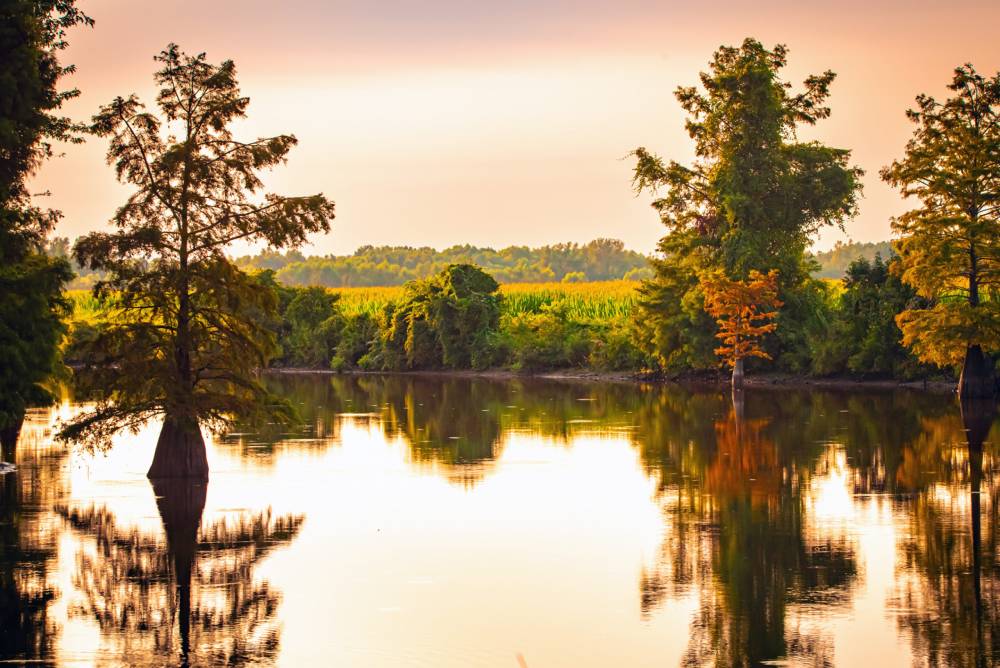
Legislation Defines Hunting as Primary Method of Conservation

Hunters for the Hungry Breaks Records

New National Partnership

Completed Largest Wetland Restoration
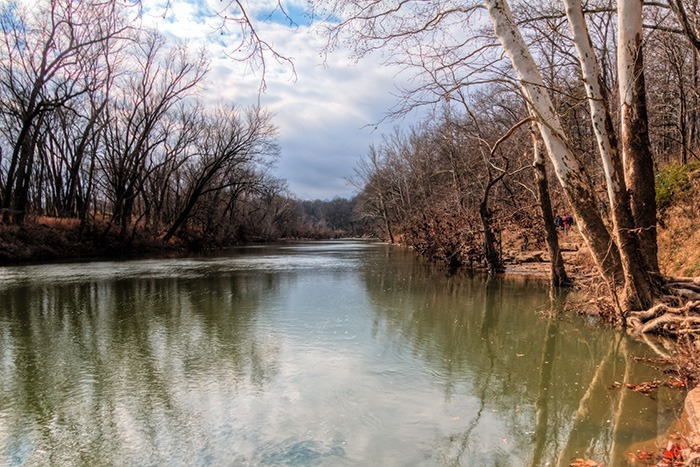
Duck River Settlement

Protected Public Land
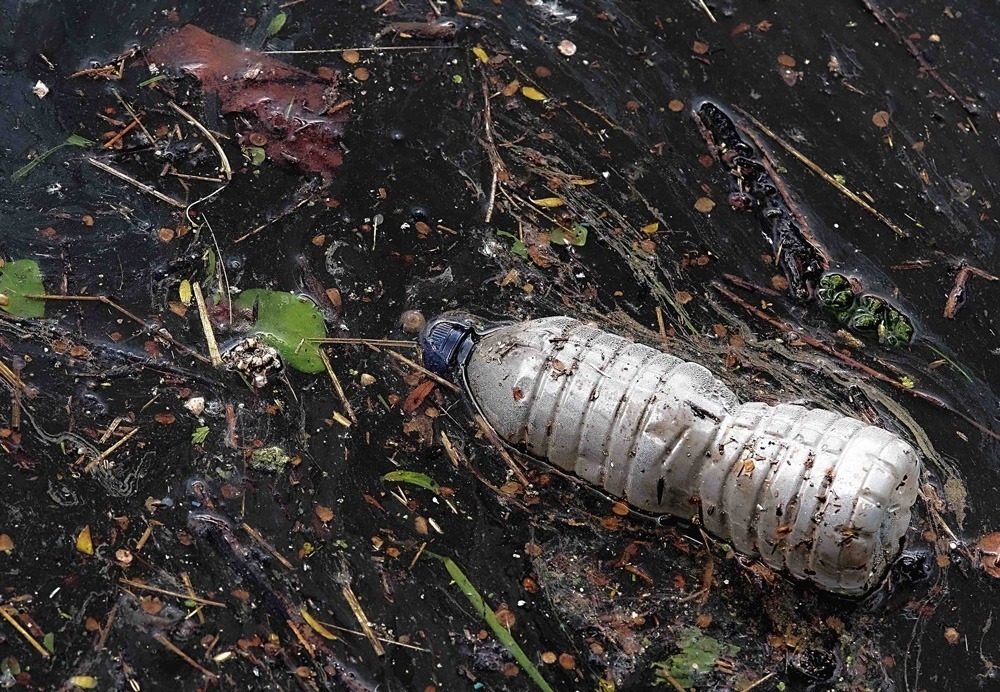
TACIR Litter Study

Began Offering Virtual Classes

Launched Adult Hunting Experiences for Beginners
Our Hunting and Fishing Academy program launched its first-ever, adult-only experiences for those looking to pursue an outdoor lifestyle for the first time could try their hand at hunting.

Generated National Support for Purple Martins
150,000+ purple martins were roosting around Nashville's Schermerhorn Symphony Center, creating an expensive mess. Bird lovers, music lovers, and conservation groups came together and donated tens of thousands, saving the symphony grounds and the purple martin migration.

Asked U.S. Senate Candidates to Share Their Opinion on Conservation
To keep outdoor enthusiasts informed during Tennessee’s 2020 U.S. Senate race, the Federation interviewed candidates Marquita Bradshaw and Bill Hagerty about their opinions on conservation in Tennessee.

The Great American Outdoors Act
Supported the effort to pass The Great American Outdoors Act. The Act provides 5 years of funding, up to a total of $9.5 billion, to address the national parks’ maintenance backlog and provides full and dedicated funding for the Land and Water Conservation Fund.
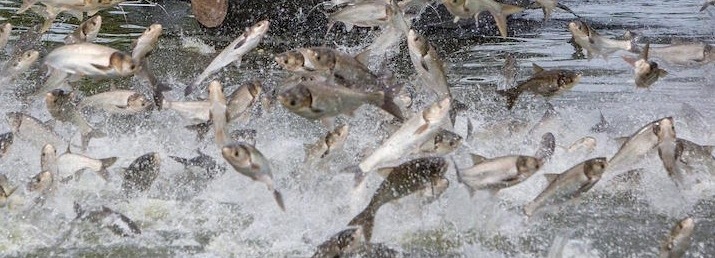
Water Resources Development Act
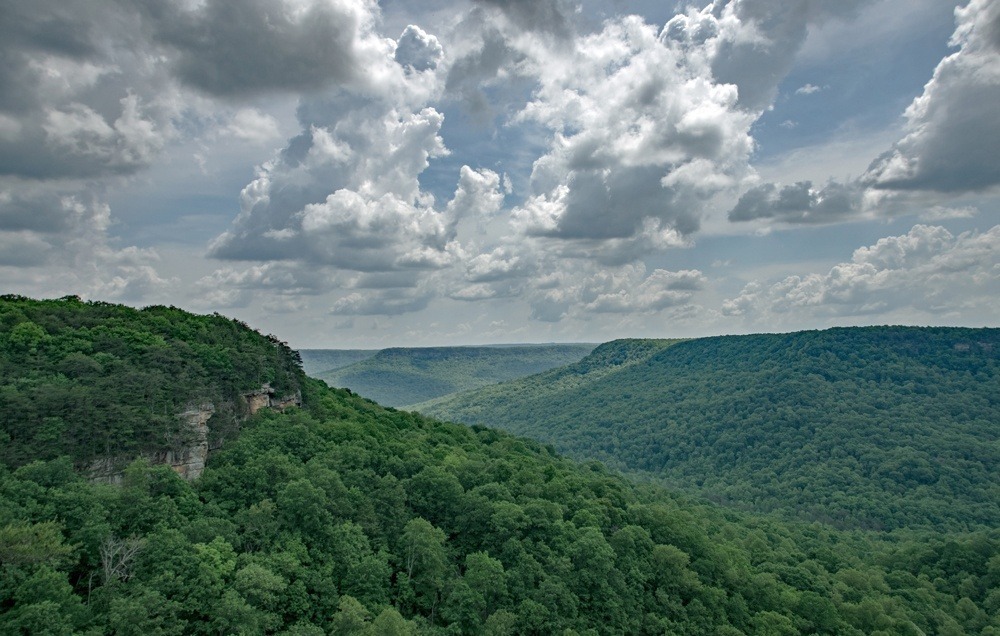
Began Restoring 5,400 Acres of Cumberland Plateau Habitat
Tennessee Wildlife Federation began work on a project to restore and enhance 5,400 acres of shortleaf pine forests on the Cumberland Plateau.
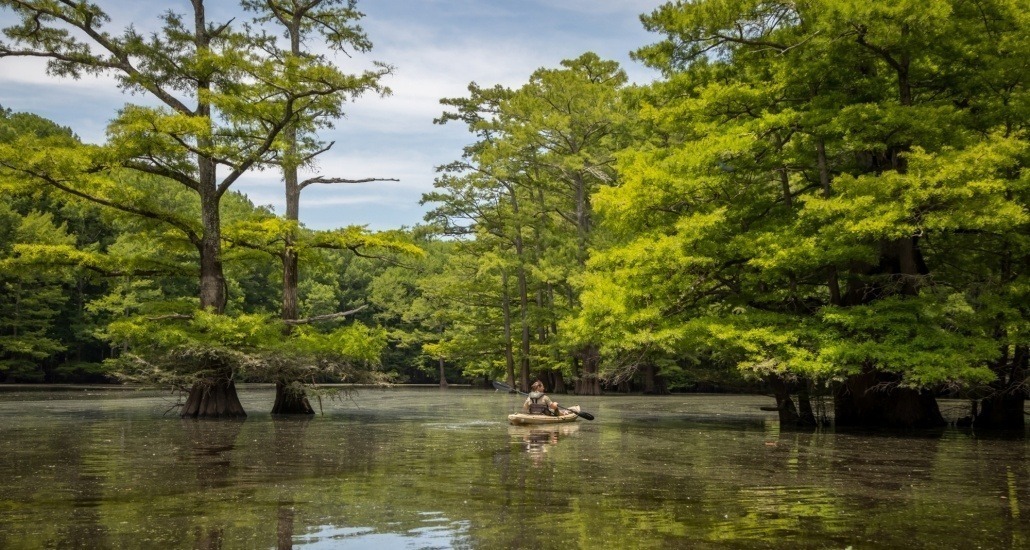
Reauthorized the Land and Water Conservation Fund
With other organizations nationwide, the Federation secured the permanent authorization of the Land and Water Conservation Fund.
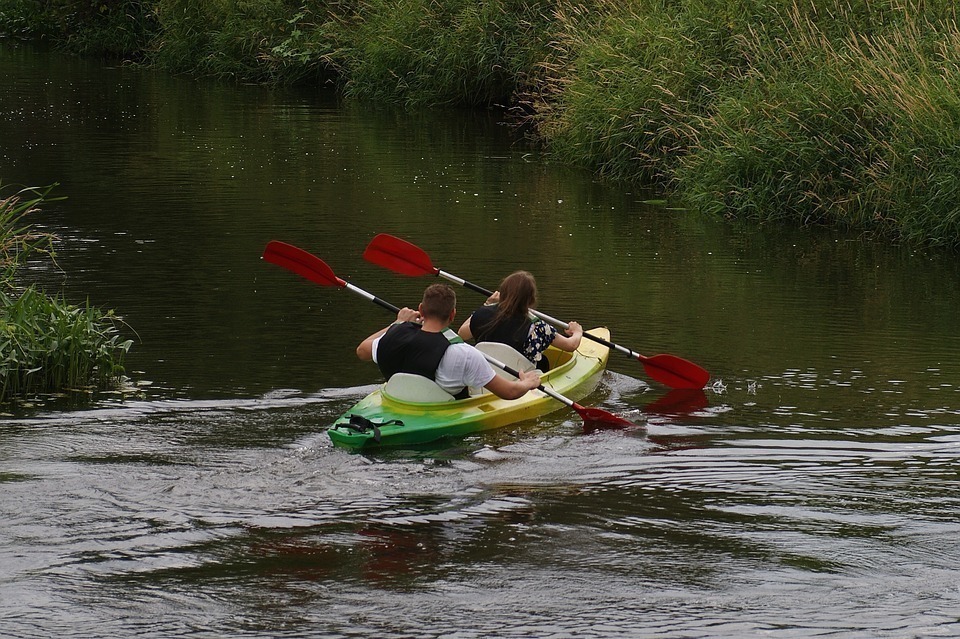
Protected Basic Rules on Waterways
The Federation assembled a delegation of anglers, paddlers, and fishing guides that reached out to legislators about the critical need for basic rules and data collection for paddle craft rental companies that have rapidly grown on our rivers.

Protected Rare Dragonfly Habitat
The Federation helped facilitate the expansion of a rare dragonfly habitat in Hardin County. In that West Tennessee paradise are 407 plant species, 132 bird species, 58 butterfly species, and 45 dragonfly and damselfly species.

Launched Hunting and Fishing Academy
Hunters and anglers pay for the vast majority of wildlife conservation in Tennessee. The Federation’s Hunting and Fishing Academy works to grow the number of sportsmen and women by providing hands-on instruction in the art of being an outdoorsman to first-time hunters and anglers of all ages.

2018 Race for Governor
Tennessee Wildlife Federation was the only organization to get Bill Lee and Karl Dean on the record about the great outdoors.

Named Affiliate of the Year
In 2018, the Federation was named Affiliate of the Year by the National Wildlife Federation for the fourth time. “Tennessee Wildlife Federation is one of the most effective conservation organizations in our nation. Period.” — Collin O’Mara, National Wildlife Federation CEO
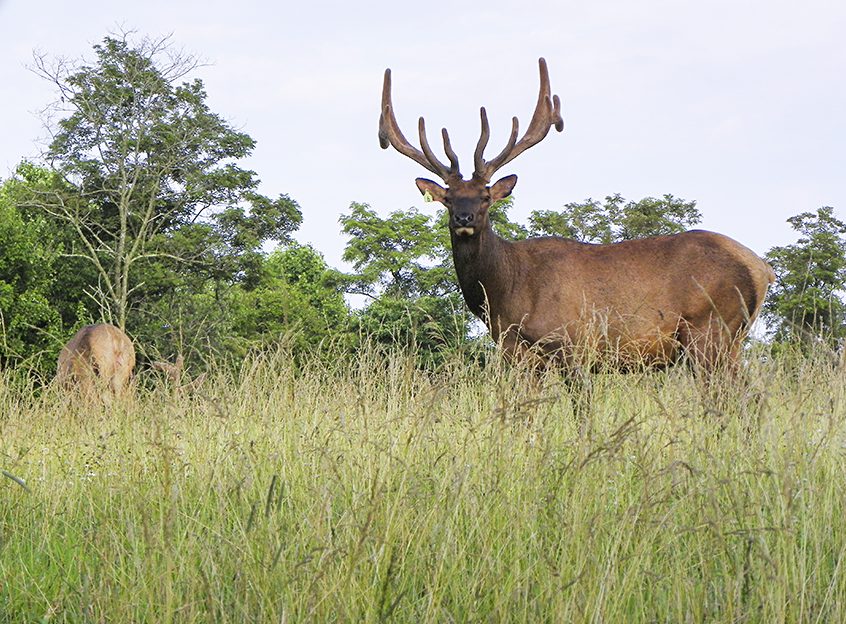
Big Game Poaching
The Federation plays an instrumental role in drafting legislation establishing fines for the poaching of big game.
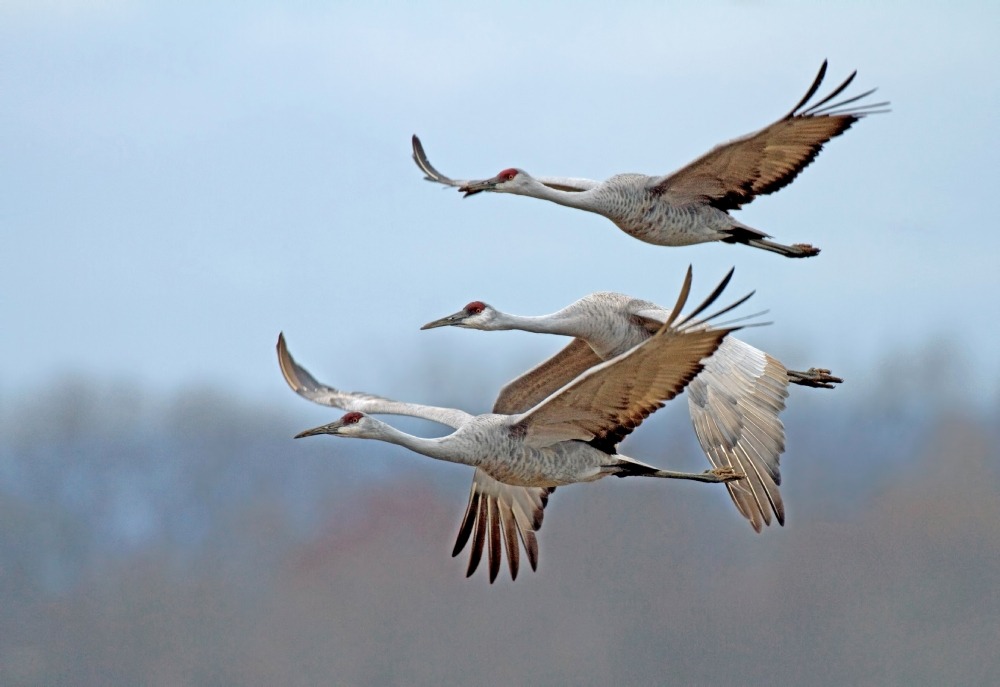
Sandhill Crane Season Established
The Tennessee Fish and Wildlife Commission passes the state's first sandhill crane hunting season. Tennessee Wildlife Federation's Board of Directors voted unanimously in support of the new season.
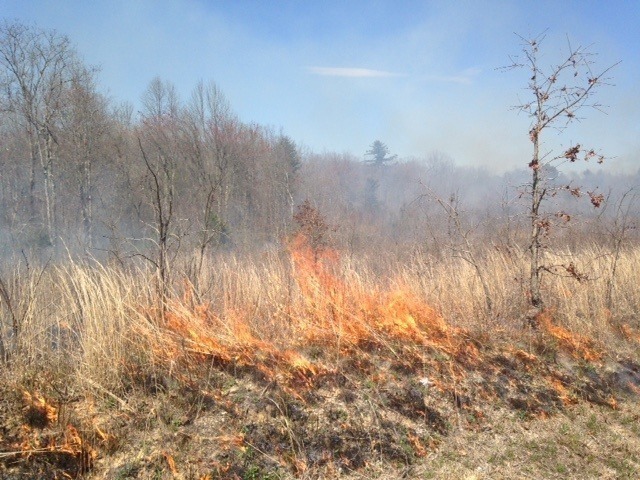
Tennessee Prescribed Burning Act
Led the passage of the 2012 Tennessee Prescribed Burning Act to reverse the negative impacts of fire suppression in the State.
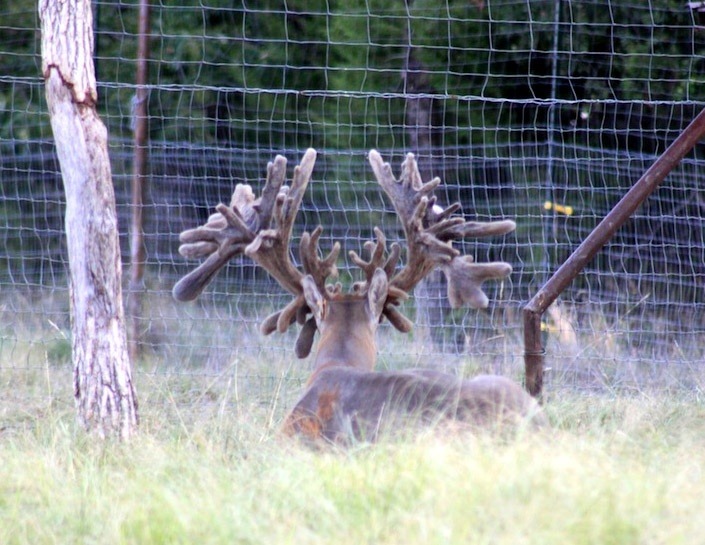
White-tailed Deer Breeding and Farming Act
The Federation halts the White-tailed Deer Breeding and Farming Act in 2011 and 2012 to battle the spread of chronic wasting disease to Tennessee’s wild deer herd.

The Right to Hunt and Fish
The Federation led the successful campaign to amend the state constitution to secure the right of every Tennessean to hunt and fish.
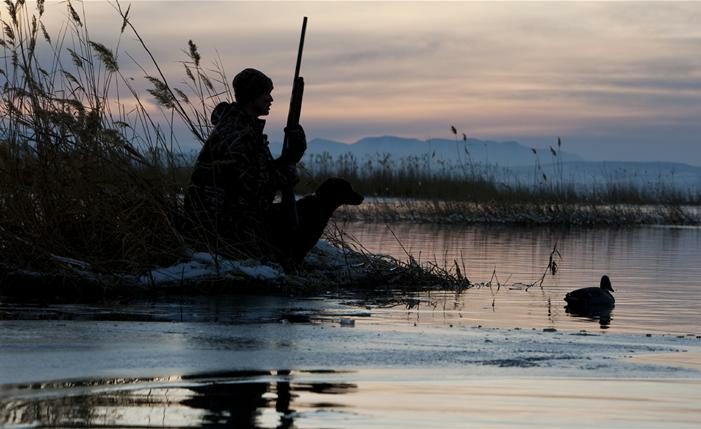
Secured the Future of Public Hunting Lands
The Federation writes and secures passage of legislation to ensure no-net-loss of public hunting lands.
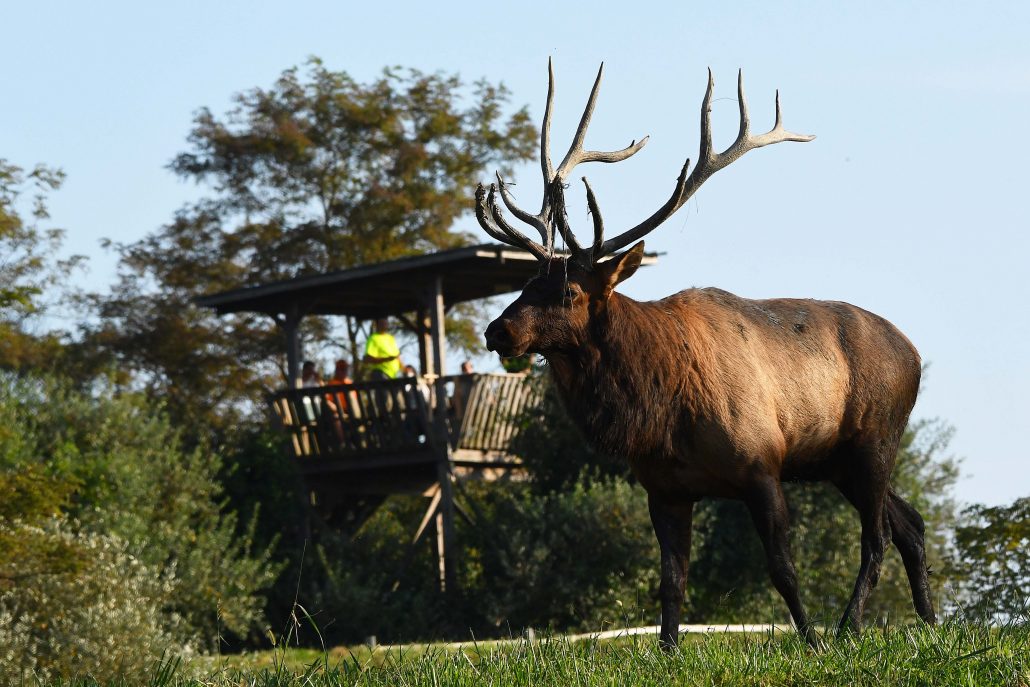
Elk Viewing Tower Constructed
The Hatfield Knob Elk Viewing Tower is constructed with the support of the Federation and numerous volunteers for the enjoyment of all Tennesseans.

Adopted Youth Shooting Program
The Federation adopts the Tennessee Scholastic Clay Target Program, one of the largest youth shooting programs in the nation.
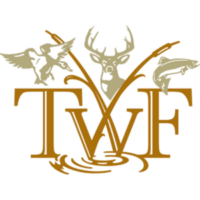
Changed Name to Tennessee Wildlife Federation
The Tennessee Conservation League changes its name to Tennessee Wildlife Federation.
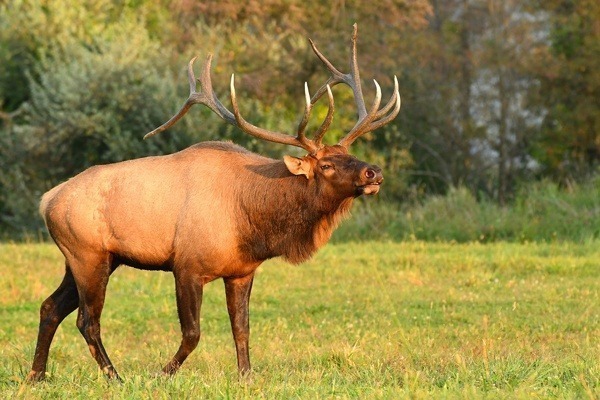
Reintroduced Elk to Tennessee
The Federation teams up with Tennessee Wildlife Resources Agency to reintroduce elk to Tennessee, releasing the first elk to inhabit Tennessee in more than 135 years.

Hunters for the Hungry
The Federation restarts Hunters for the Hungry. The program has since provided more than 9.9 million meals to Tennesseans in need.
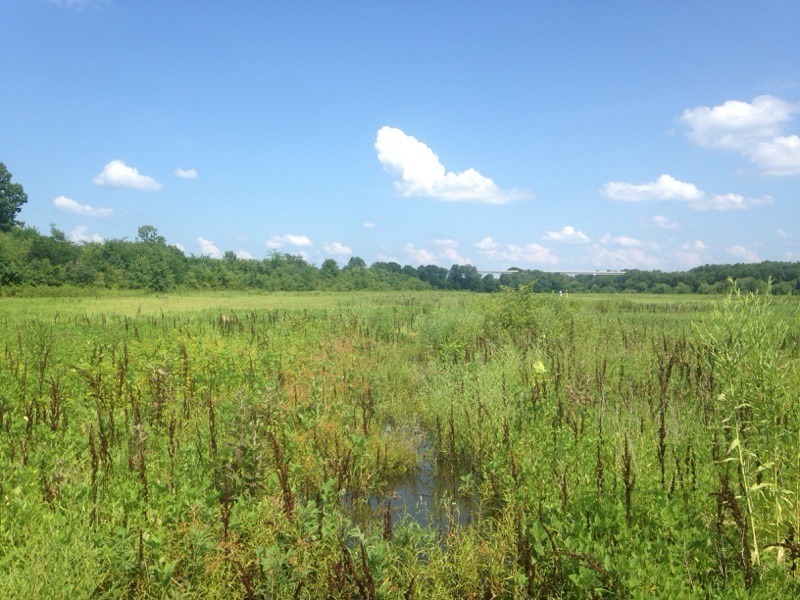
Wetlands Acquisition Act
Led the campaign to pass the Wetlands Acquisition Act that has since conserved hundreds of thousands of acres of critical and sensitive wetlands and uplands across the state.
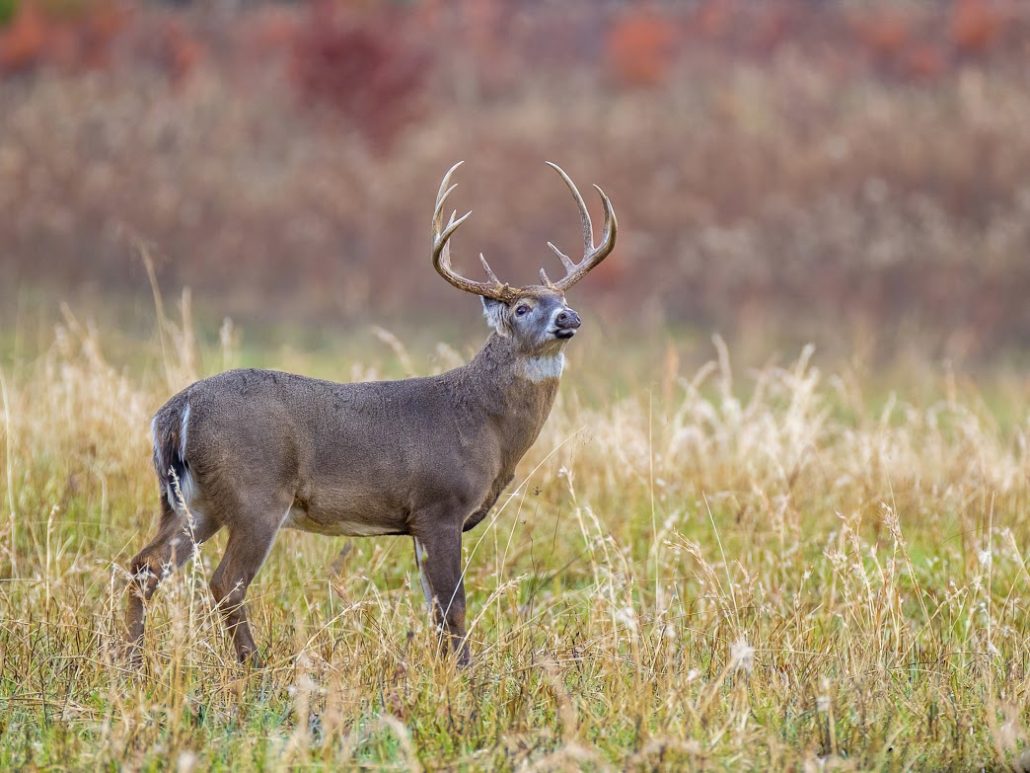
Launched Deer Registry
The Federation and Tennessee Wildlife Resources Agency jointly launch the Tennessee Deer Registry providing a database to help monitor the quality of Tennessee’s deer herd.

Project CENTS
The Federation’s Project CENTS (Conservation Education Now for Tennessee Students) is initiated. Project CENTS helps hundreds of thousands of students learn math and science through conservation examples and became standard curriculum for that state’s school system for many years.
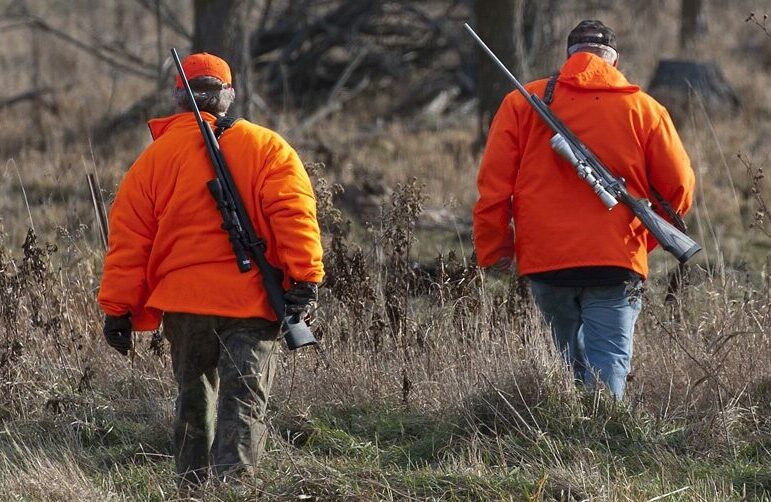
Hunter Education Bill
The Tennessee Legislature passes the Federation’s Mandatory Hunter Education Bill requiring anyone born after January 1, 1969, to complete an approved hunter education course. Today, Tennessee Wildlife Resources Agency administers hunter-ed courses where new hunters learn how to safely and ethically hunt in Tennessee.
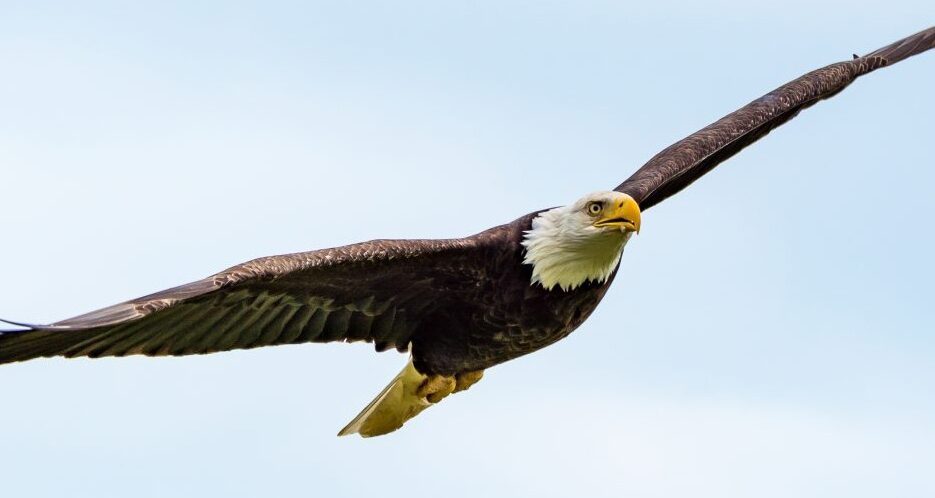
Eagles at Land Between the Lakes
The Tennessee Valley Authority begins a five-year project to bring eagles back to the Land Between the Lakes. The Federation takes over the project in 1982.
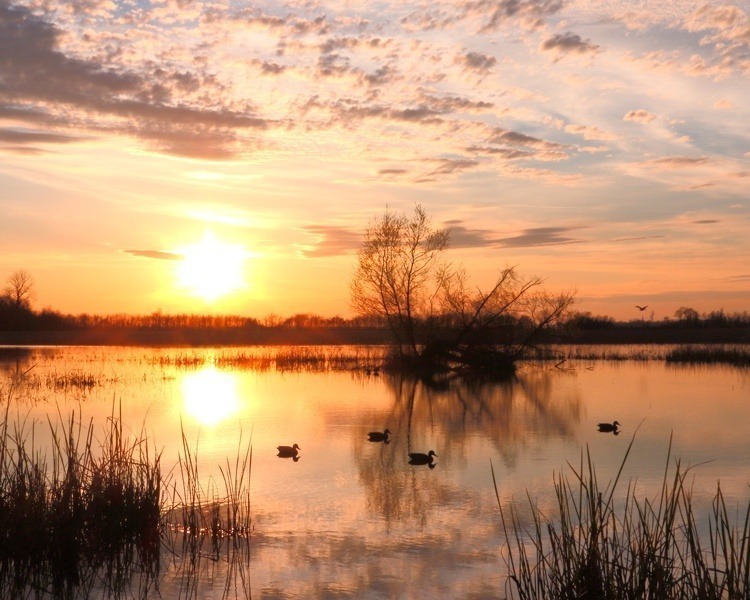
Joined Lawsuit to Protect Waterfowl Habitat
The Federation joined four citizens in a lawsuit to stop the channelization of the Obion and Forked Deer river basin to conserve critical waterfowl habitat.
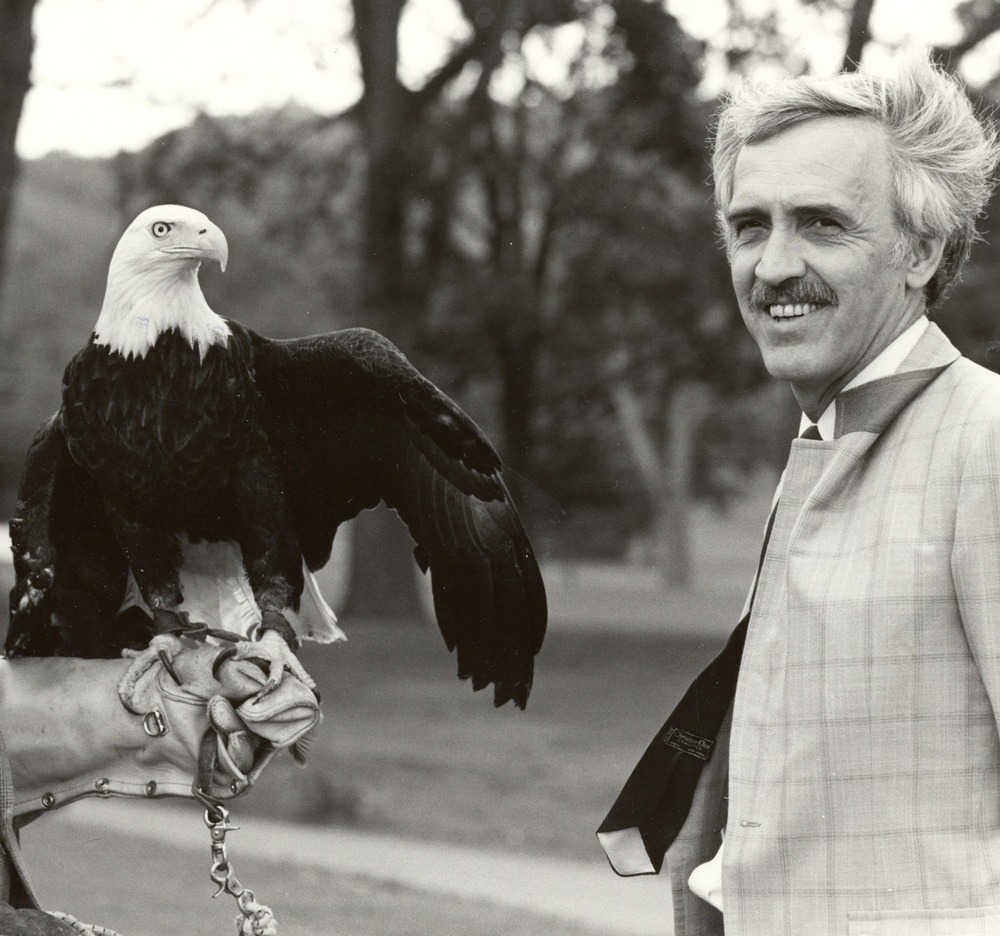
First Employee Hired
As the Federation’s first employee—and the executive director of the organization for 23 years—Tony Campbell set the groundwork for what the Federation would accomplish in the decades to follow.
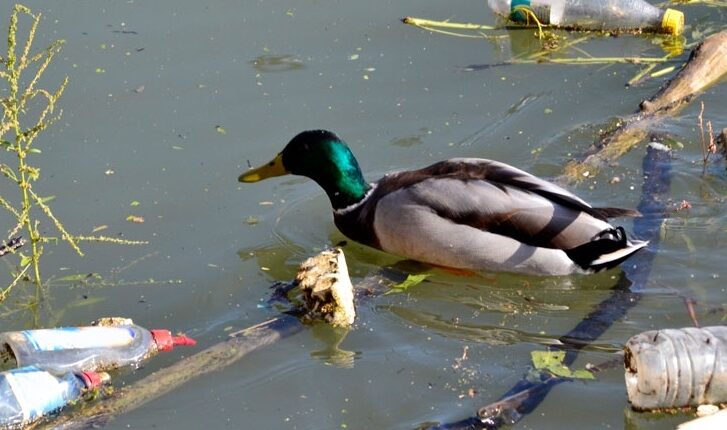
Water Pollution Control Act
The Federation leads the writing and passage of the Tennessee Water Pollution Control Act.
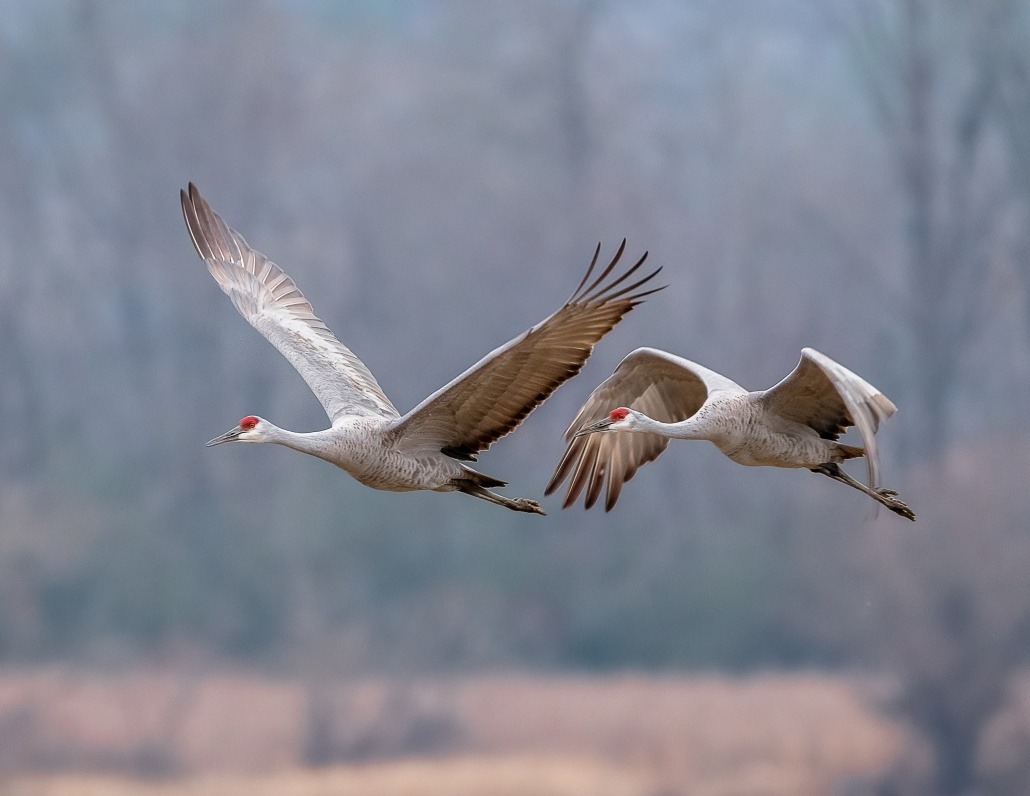
Tennessee Environmental Council
The Federation proposes an umbrella organization, the Tennessee Environmental Council, to handle emerging environmental issues. The council was charted the following year.
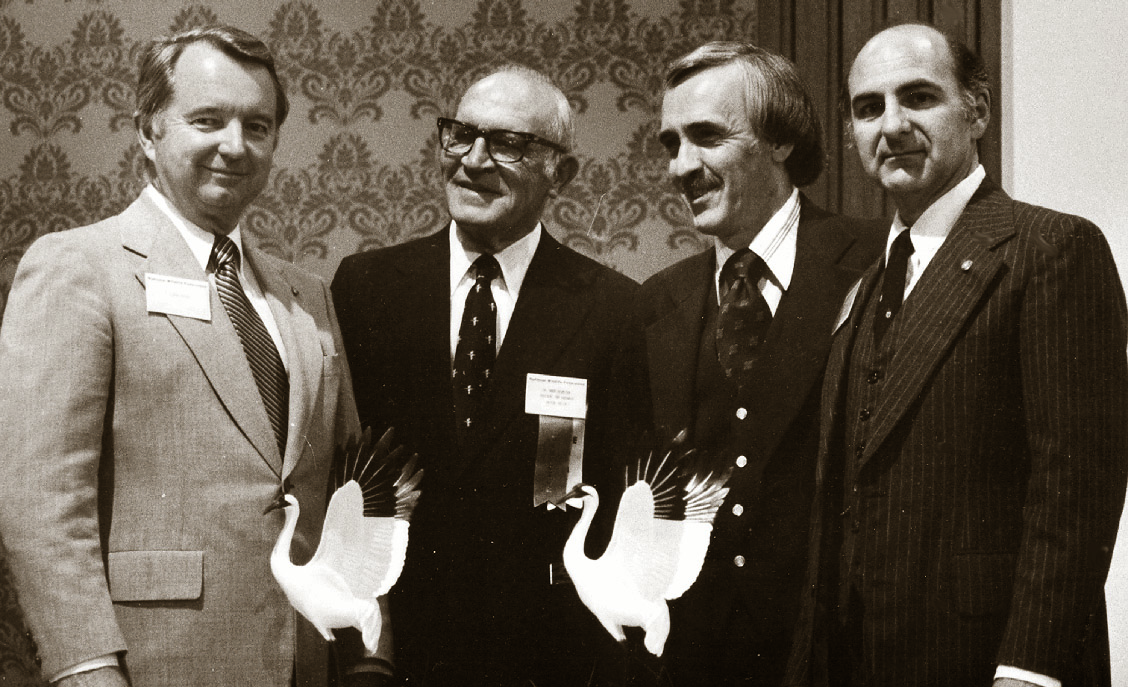
Outstanding Affiliate of the Year
For the first time in its history, the Federation is named Outstanding Affiliate of the Year by the National Wildlife Federation.
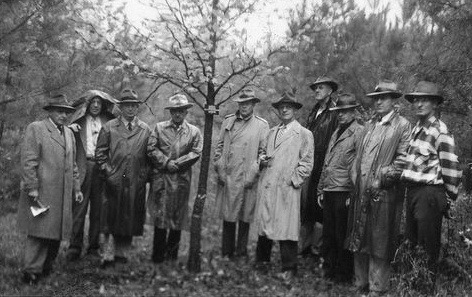
Established the Tennessee Game and Fish Commission
The Federation successfully campaigned for the passage of the law that established the Tennessee Game and Fish Commission, the precursor to the state’s first professional wildlife management agency.
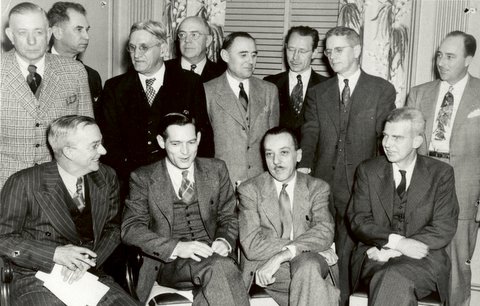
Tennessee Wildlife Federation Began
Tennessee Wildlife Federation was founded on February 12, 1946, as the Tennessee Conservation League at Chattanooga’s historic Read House Hotel.

